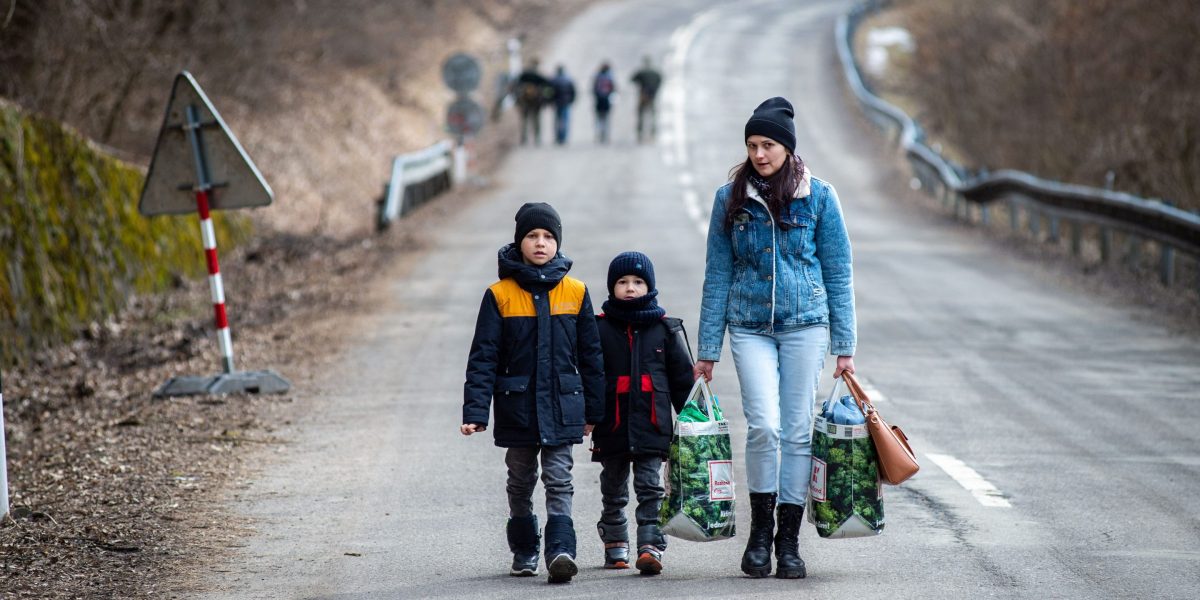
Gender equality has been shown to be the most important predictor of peace–more so than a country’s wealth, level of democracy, or religious identity.
While business embraces gender equality to boost performance and profitability, a deeper engagement with gender equality relatesdto international peace is crucial. Research shows that gender equality correlates strongly with enhanced safety and stability within countries.
The impact of gender equality on peace
- Gender-equal countries are less likely to go to war, to use force first during conflicts, or to be involved in violent international crises.
- States that invest in women are more likely to be wealthy, stable, and democratic.
- Peace agreements which include women are 35% more likely to last at least 15 year.
- The more women in government, the greater the attention given to social welfare, legal protection, and transparency in government and business. It’s a virtuous circle: Governments with higher percentages of female ministers pursue more targeted policies that support gender equality.
- Governments with higher percentages of female ministers pursue more targeted policies that support gender equality.
Currently, women occupy only around 25% of senior governmental roles globally—a statistic indicating significant underrepresentation where critical decisions regarding security are made (e.g., NATO leadership). Systemic discrimination undermines broader governance structures conducive to achieving lasting peace. Nations indifferent towards addressing women's rights typically exhibit similar disregard for maintaining an orderly international system characterized by cooperation rather than aggression or militarism. Diverse perspectives contribute significantly towards resolving conflicts effectively while promoting mutual understanding across borders. This commitment to inclusivity and equality not only empowers women but also strengthens global solidarity, paving the way for a more peaceful and just world.
Source ▼
 FortuneAlison Holder
FortuneAlison Holder

